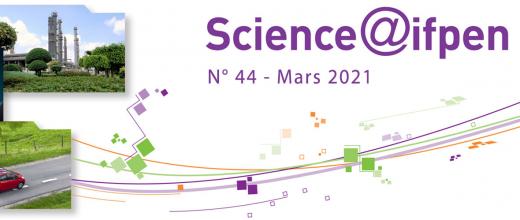In electric vehicle powertrains, it is necessary to convert the DC voltage supplied by the battery into three-phase AC voltages to power the vehicle's electric motor. This conversion is carried out by the vehicle's on-board power electronics, known as an inverter. This inverter is also responsible for controlling the electric motor, varying its speed or torque (...) These voltage drops, be they intrinsic or of external origin, will reduce the performance of the machine in question. Initially, this PhD research made it possible to study and model in detail the physical phenomena behind intrinsic voltage drops in converters....








